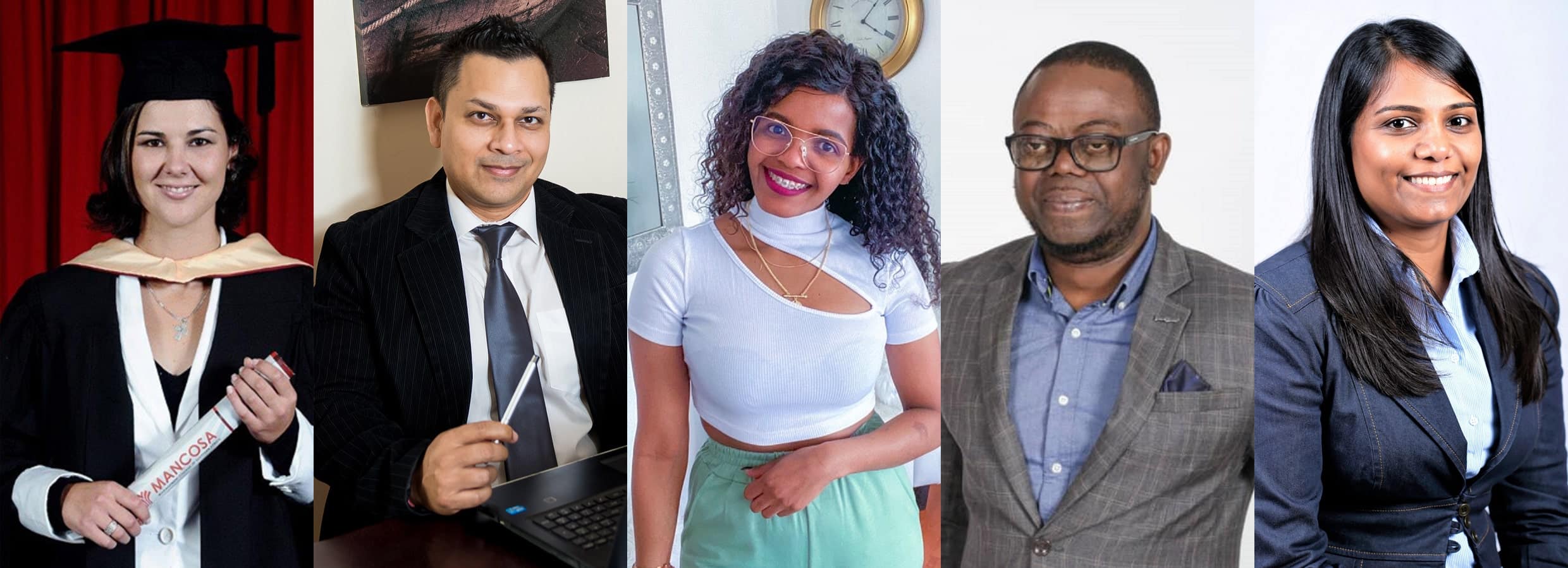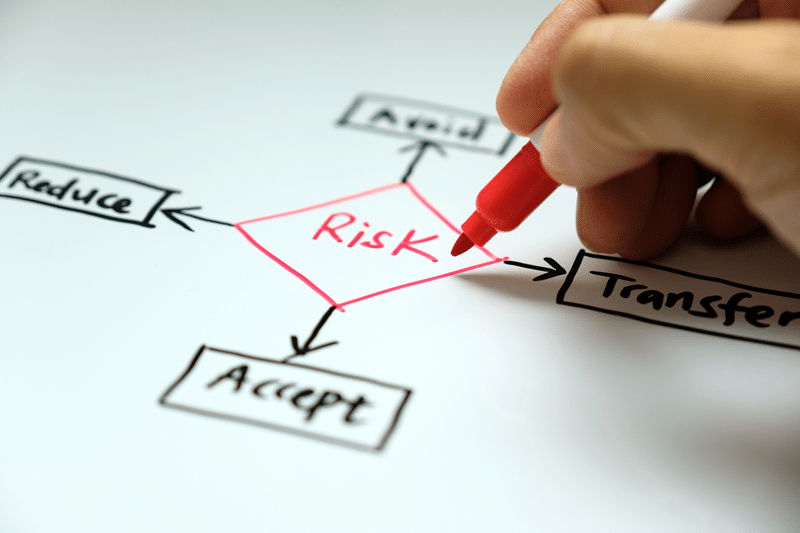Renewal – For South Africa
In spite of the continued presence of the Covid 19 pandemic, including its more recent Omicron variant, 2021 ended with a bang that was prompted by the lifting of the curfew which allowed for some all-night New Year Eve’s frolicking and partying.

Summary
In spite of the continued presence of the Covid 19 pandemic, including its more recent Omicron variant, 2021 ended with a bang that was prompted by the lifting of the curfew which allowed for some all-night New Year Eve’s frolicking and partying. One would be forgiven for believing that, with this kind of start, 2022 will be a better year. Yes, there were a lot of hardships in 2021, the July Riots being one of the contributors, but we have shown resilience, and, in many respects, we never stopped working hard towards shaping our own futures. Then, as soon as the New Year started, there was a sharp reminder that we live in a troubled country. A wing of the seat of power, our Parliament, was on fire!
Fire has got many symbolic connotations. Generally, fire’s destructive powers are well-known and feared. In nature, however, it is also associated with renewal. In the ecosystem it gets rid of the dead plants and enriches the soil, thus making way for new growth. In many cultures and traditions, fire is deliberately used for this purpose. There is an isiZulu saying that states “utshani obulele buvuswa ngomlilo”. This literally means that dying or sleeping grass is woken up by fire. This expression is used to, for example, encourage a person who is about to give up because of a painful experience; to tell that person that the fire he/she is experiencing will bring out a newness or rebirth in him/her.
I know that I stretch my imagination a bit if I begin to believe that the Parliament fire signals the commencement of a renewal. This wishful thinking emanates from the concerning state of our seat of power, where the most used words or phrases (when in session) are “order, order!” and “point of order”. These words are sometimes shouted ad nauseam at a time when leaders would be expected to be engrossed in crafting innovative solutions for the country’s myriad of stubborn problems. The challenges facing the country have led to the poorest of the poor feeling betrayed and forgotten by those who promised a better life for all. It is in Parliament where esteemed, honourable members engage in debates that have an impact on people’s lives and livelihoods but sometimes self- and/or party-interests take precedence over the interests of the people, even those often referred to as “our people”. Mine is a patriotic wish and a hope that the fire that signals a renewal in nature can do the same in our Parliament. The renewal I am thinking of might just increase the appetite for new, meaningful debates, inside and outside of parliament, that will lead to interventions that make a difference in the lives of South Africans.
Life coach Deborah Day said: “Renewal requires opening yourself up to new ways of thinking and feeling”. We all need this kind of commitment. I would like to believe that parliamentarians are ready and willing to rise to the challenge and begin to prioritise ethically and with integrity.
Another important “renewal” event that took place in the latter part of 2021 was the holding of local government elections. Even though the turnout was low, the fact that these took place and were deemed to be free and fair, is kudos to the country. I was also impressed by the fact that most parties, including the ruling party, required prospective councillors to submit CVs in order to demonstrate their suitability for the positions they aspired to hold. This is a big vote of confidence in our education system, especially higher education. The university should be “valued as an intellectual resource of inherent social usefulness” and should be “embedded within communities and empowered with significant human strength and social bonds, with both obligations to help citizens grow and flourish and to help communities become stronger civically, economically, and socially.” This is from Thomas Bryer in a 2012 paper discussing putting the public back into public affairs education.
Shortly after the local government elections I happened to be in a meeting with the mayor of one of the bigger municipalities. After the meeting he told me that he recently graduated with a MANCOSA Master’s degree in Public Administration. I then posed a challenge to him and said: “At the end of your tenure, write a McCormack-style book entitled ‘What they never taught me at MANCOSA’.” We both laughed, and I added: “I know it will be a very thin manuscript, but it will help us fine-tune our excellent programmes.” This is the role that alumni and other stakeholders have to play in order to ensure that the curricula of their alma mater remains relevant.
Although I have alluded to serious challenges the country is facing, I remain optimistic; things can be turned around if we all play our part with a renewed zeal. As it is often said, if you are not part of the solution, you are part of the problem.
END





